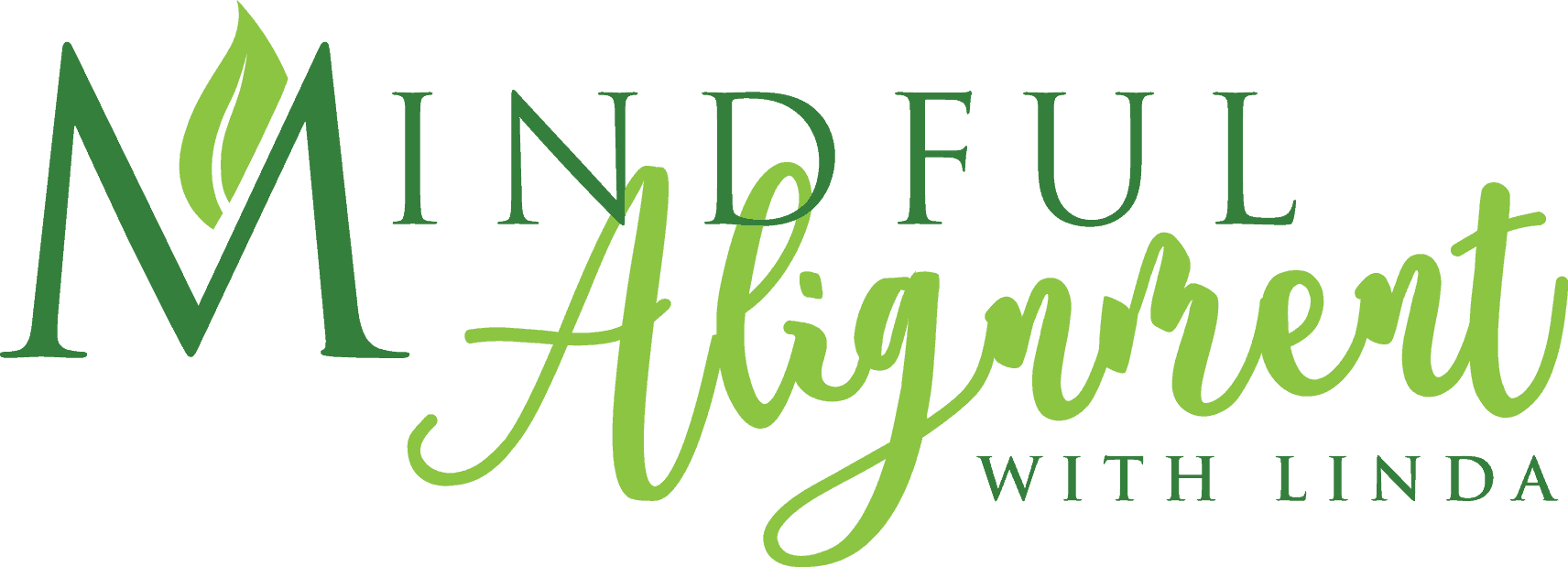How to Identify and Reduce Negative Stress
Stress can manifest itself in many different ways. Have you ever reacted negatively over something that you later thought “why did I get so upset?” This is surprisingly quite common and is typically an after effect once stress has subsided. People often try to manage or ignore stress by pushing through it. As a result, one can become highly sensitive, reactive and irritable.
The holiday season is a common example of a time when stress levels elevate. One person I know has a unique approach to dealing with holiday stress; they go on vacation, leaving all the hustle and bustle behind.
So What is Stress Exactly?
In 1936, Hans Selye coined the word “stress” as “the non-specific response of the body to any demand for change.” Selye observed that laboratory animals subjected to various stimuli caused these animals to develop various diseases. Humans react by experiencing chest pain, headaches or heartburn, to name of few. In the past, stress was a short term situation. Now more than ever – – we experience stress most of the time.
What is the difference between stress and “anxiety?”
Stress is a reaction to changing conditions or circumstances. Our brain chemistry changes leading to physical changes in the body like our heart pumping faster. We can also feel angry, frustrated, or tense. Most stress is not good, but there is good stress: like when you win the marathon. One can also be overwhelmed by stress. When that happens, it can lead to anxiety. Anxiety is a reaction to stress, usually getting out of proportion to what is happening. (see article “Ways to Help Reduce Anxiety”)
The good news is that stress can be managed quite quickly
Meditation is a powerful tool and it only takes a few moments to reduce your stress. Sit quietly, just observing your body. Notice where you are tense, the forehead, jaw, or shoulders; let those areas soften. Observe the hands and feet. Allow yourself to feel and notice the physical sensations in your body. When thoughts float through your mind, let them continue to drift away like clouds.
As your body and mind relax, you will become more balanced to be ready to tackle any stress inducing event.
Next time you’re feeling anxious, try one of these techniques. It might just help you to navigate through the stresses of your daily life.
As an additional tool to help you relax, I offer a free meditation recording as a bonus when signing up for my newsletter.
If you would like help on your wellness journey, schedule a private consultation.
Related Articles:
Beyond Calcium: The Power of Yoga for Bone Health
Discover how yoga supports bone health and osteoporosis prevention. Learn science-backed poses that strengthen your skeleton and reduce fracture risk.
The Motivation Paradox: Action is the Catalyst for Healing Back Pain
Discover the Motivation Paradox of Back Pain—why waiting for motivation keeps you stuck and how action is the true catalyst for healing. Learn science-backed strategies to break the pain cycle and reclaim mobility.
Transform Back Pain Anxiety: From Uncertainty to Empowerment
Discover how to navigate pain anxiety with empowerment. Embrace uncertainty and reclaim your healing journey through mindfulness and resilience.
Transforming Your Relationship with Back Pain: A Mindset Revolution
Back pain is more than a physical challenge—it's a profound psychological journey. The real battle isn't just in your muscles and joints, but in your mind. Your thoughts can either be a prison or a pathway to healing. Reframing Your Inner Narrative When chronic pain...




